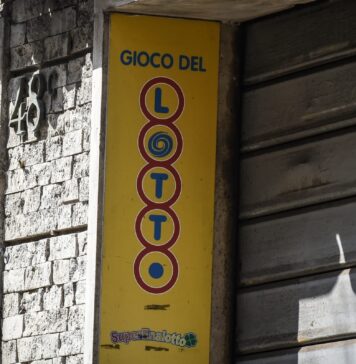A proceeding concerning a national rule containing the obligation of a minimum distance between gaming establishments and gaming points and sensitive places has been pending since last November before the European Court of Justice.
The Tribunal Superior de Justicia of the Community of Valencia, in its decision of 23 September 2023, submitted numerous preliminary questions to the European Court of Justice, the answers to which could be of great importance for all Italian and non-Italian administrative proceedings on the so-called distance meter'.
The Spanish referring court doubts the conformity with EU law of the distance rules applicable to private gaming venues, despite the numerous access restrictions. Specifically, it concerns, among other things, the legislation on the distance between private gaming rooms (500 metres) and the distance of private gaming rooms from schools (850 metres).
The Spanish court especially doubts the consistency of these rules, given that the distance requirements only apply to private establishments and not to state gaming offers. In Spain, the gaming offer is divided between games managed by private individuals (the case of slot halls) and (state) lotteries. Furthermore, according to the referring court, sufficient protection measures are already ensured through more than exhaustive controls and access limitations, so that no further distance requirements are necessary.
In the justification of its submission to the European Court of Justice, the Spanish Court starts from the assumption that these unilateral restrictions on private game providers lead to an unacceptable distortion of competition and the development of a state gaming monopoly.
According to the Spanish court, Articles 26, 49 and 56 TFEU in particular could be violated. The key expressions mentioned in the request for a preliminary ruling are:
"Compatibility of the national legislation with the articles. 26, 49 and 56 TFEU – Adequacy, necessity and proportionality – Presence of less restrictive measures – Equal treatment – Distortion of competition”.
Recently, following the Italian example, a similar rule has also been introduced in Germany. The managers of private gaming facilities such as arcades and betting agencies have been waiting for a request to the European Court of Justice similar to the Spanish one for a long time. Unfortunately, the German administrative courts have so far rejected any request for referral to the European Court of Justice, so as to comply with an attitude that we could define as political protection. We could find the same attitude in the national judge who, over a decade after the introduction of the first distance meters (since 2011), has never considered it necessary to prove the legitimacy of the measure.
If the European Court of Justice now overturns the unilateral Spanish distance requirements for private gaming offers, this would probably also finally eliminate the basis for many distance requirements in German state gambling laws.
Due to the questions now being considered by the European Court of Justice, whose answers will also be of crucial importance for proceedings in Germany, serious doubts may now arise about the legality of numerous administrative acts in which state distance requirements become the basis for closures and closures, bans have been and are being issued against amusement arcades and other private gaming facilities (e.g. betting agencies).











